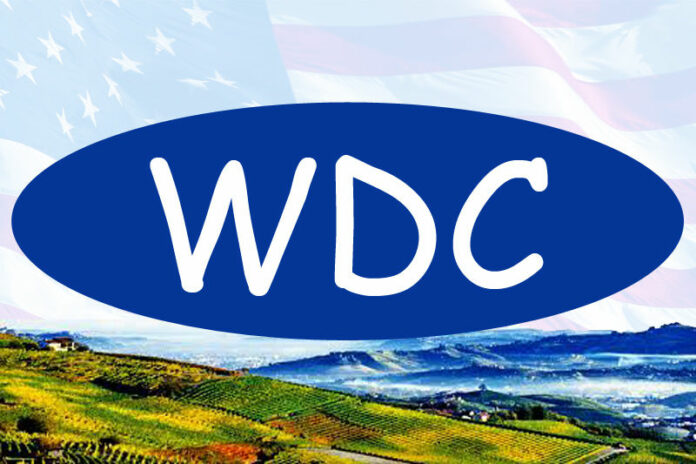David Escobar spoke Aug. 23 to the Windsor Democratic Club about his people, the Lenca-Pocan of the eastern El Salvador-Honduras-Nicaragua region and the effects of immigration on both the immigrant and the country they arrive at.
What seemed to inspire the audience most was the demonstration of how a person of his culture greets another person. The words they use instead of “hello” are “you are my other me.” And instead of a strong gripping handshake, the two persons just touch hands lightly, like the ‘60s’ “slip me some skin,” only stationary.
This concept led to a series of questions and a lively discussion around the implications of dealing with the American system if you come from such a culture. For example, Escobar was advising the Kaiser Permanente system on how to deal with a Mayan woman who would not undergo a procedure because she would lose income, her family would not have her cooking, the children would not have someone to care for them, etc. When they explained to her how her loss would impact the “other me”, i.e., the other persons connected to her, she understood that and underwent the procedure.
Or, in terms of electoral politics, voting means showing up for the “other me” in a society which needs good elected representatives to work for its needs. This stands in contrast to the concept that politicians should appeal solely to the self-interest of voters.
Escobar’s presentation provoked a series of questions from the audience, which indicated a curiosity about indigenous peoples and their cultures, and even the definition of the term itself.
Indigenous is a term used to refer to people who also, at times, are called First Nations, aboriginal, native Americans, Indians (in the Americas), Indios, etc. How do they refer to themselves? It varies.
For example, sometimes people will refuse to call themselves by a larger term such as indigenous. For example, some Yaqui people will insist on calling themselves Yaqui and that’s it.
One of Escobar’s main points was that we should accept that immigrants arriving in California from Latin America are not coming from a homogeneous culture. In fact, many do not speak Spanish. For these immigrants, the first language they learn in this country may have to be Spanish so they can get along in the neighborhood and workplaces where they live.
This brought up the question of how immigrants raise their children. For past generations of immigrants, parents have felt the need to assimilate, so they raised their children to only speak English rather than the language of their original land. Yet recent research has demonstrated that individuals with bilingual and even bicultural knowledge succeed better in their careers and in their communities than people who only know English and adopt “American” ways.
The Windsor Democratic Club meets the fourth Thursday of every month. The next meeting will take place Sept. 27 at Windsor Round Table Pizza, 7 to 9 p.m. For more information, see http://www.windsordemocrats.org.
Rick Massell is president of the Windsor Democratic Club.









